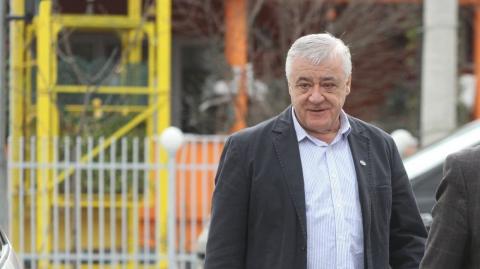Why Bosnia Can’t Stop War Crime Suspects from Fleeing

On Wednesday however, the Serbian Interior Ministry denied that Savcic had entered the country. The Border Police of Bosnia and Herzegovina also said he had not been registered as leaving.
By disappearing, Savcic became one of dozens of war crime defendants or convicts who are unavailable to the Bosnian judicial authorities. Most of them are in Serbia.
The dean of the law faculty at the University of Vitez, Goran Simic, said that "the question is, how do these men get across the border?"
"How many times should people flee before the state court and prosecution stop their bad practices?" Simic demanded. "They have constantly been doing a terrible job on this."
Suspects who are in Serbia have no fear of being sent back to Bosnia to stand trial even though the two countries have an extradition agreement, because its provisions do not apply to the offences of genocide, crimes against humanity and war crimes.
Murat Tahirovic, president of the Association of Genocide Victims and Witnesses, argued that the state court should have learned its lesson from the cases of former Bosnian Serb military policeman Mirko Vrucinic, former Bosnian Serb Interior Minister Tomislav Kovac, former Bosnian Serb Army general Novak Djukic and former Bosnian Serb battalion commander Radovan Stankovic, who all left the country to evade war crime verdicts or indictments.
Tahirovic claimed that the Bosnian judicial authorities aren't using the powers that they have to keep suspects in the country and "keep repeating the same mistake".
"The mechanism exists, but it should be used," he said.
On the run with two passports
Serbian passports. Photo: BIRN.
The state prosecution has said that Savcic has Serbian citizenship as...
- Log in to post comments
